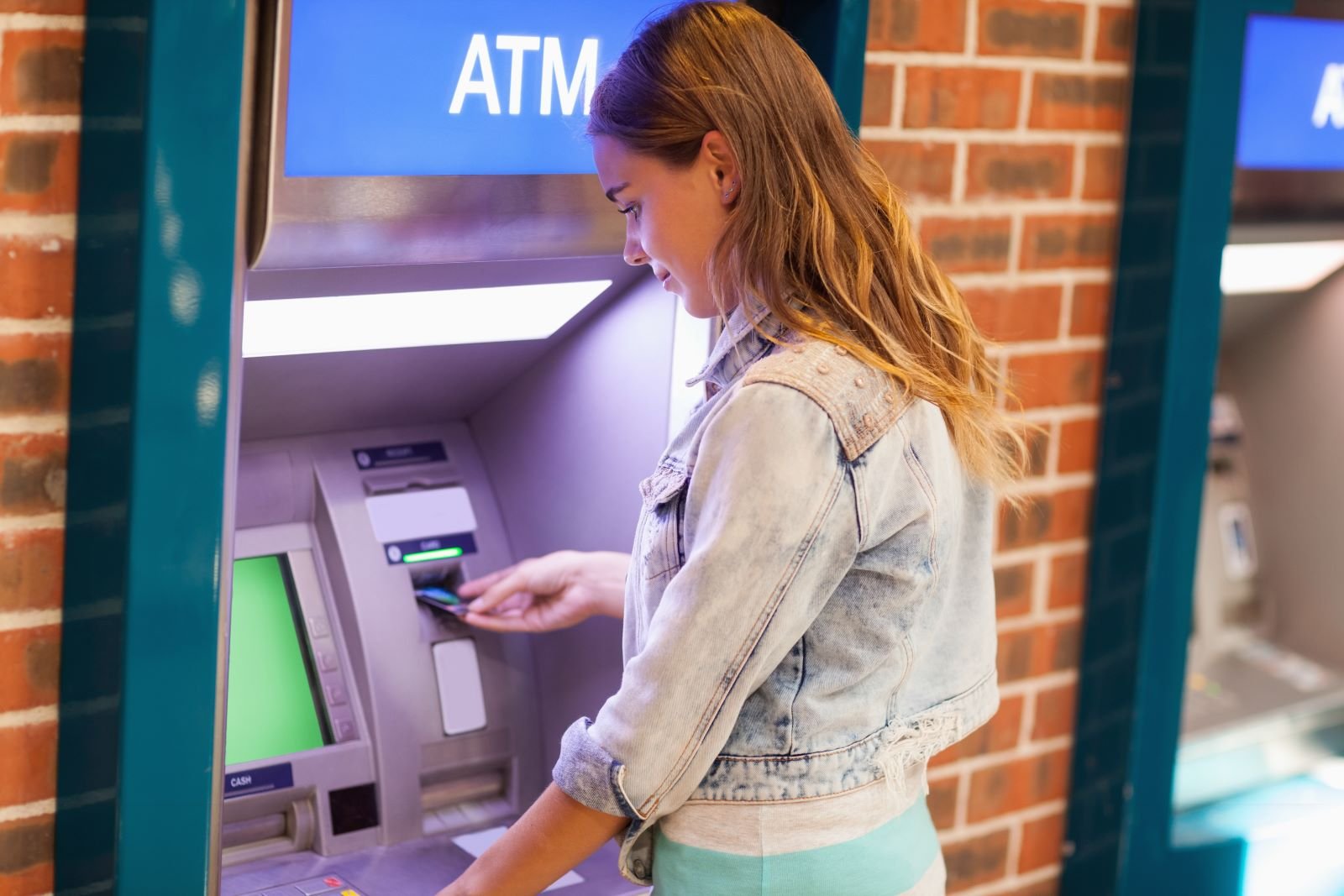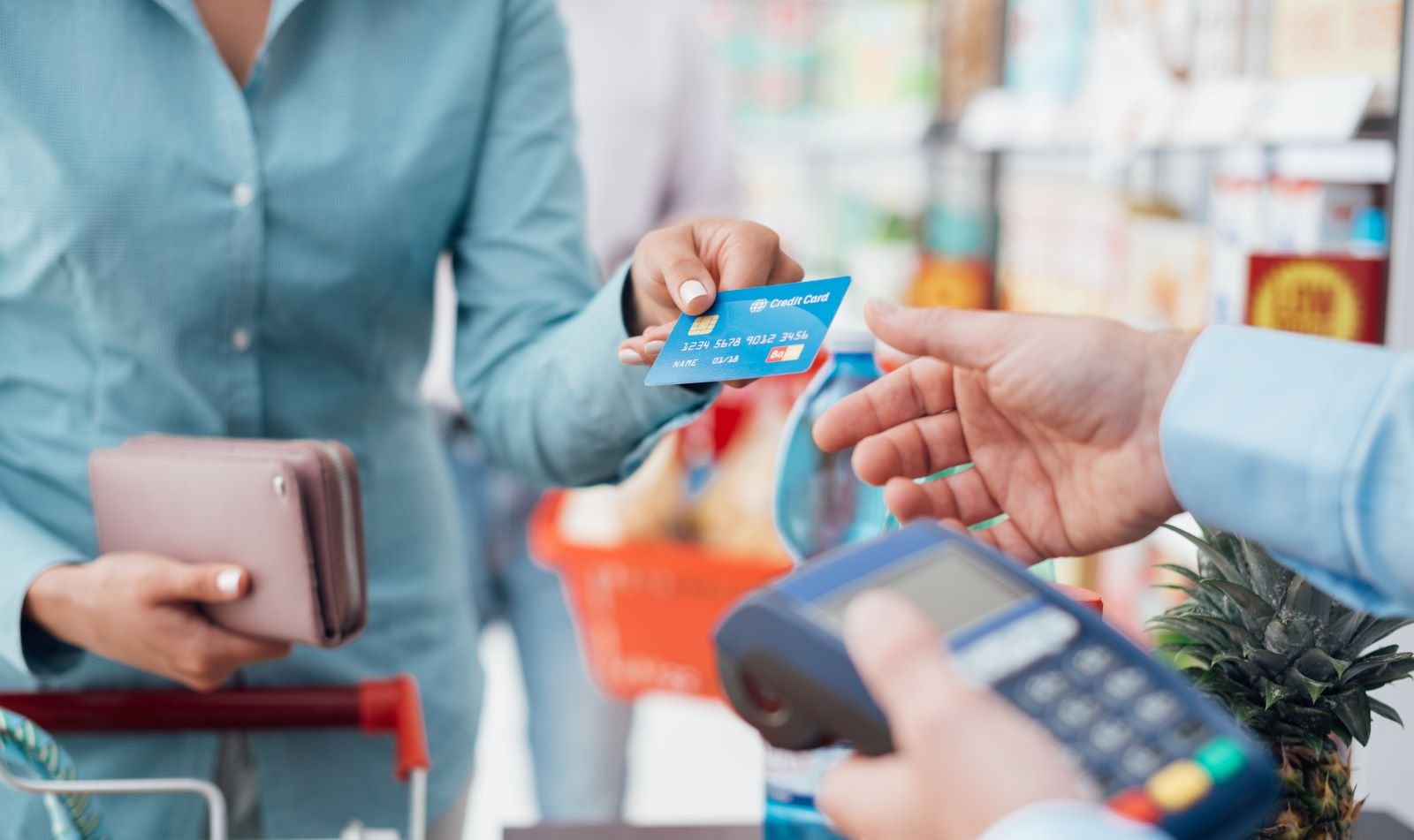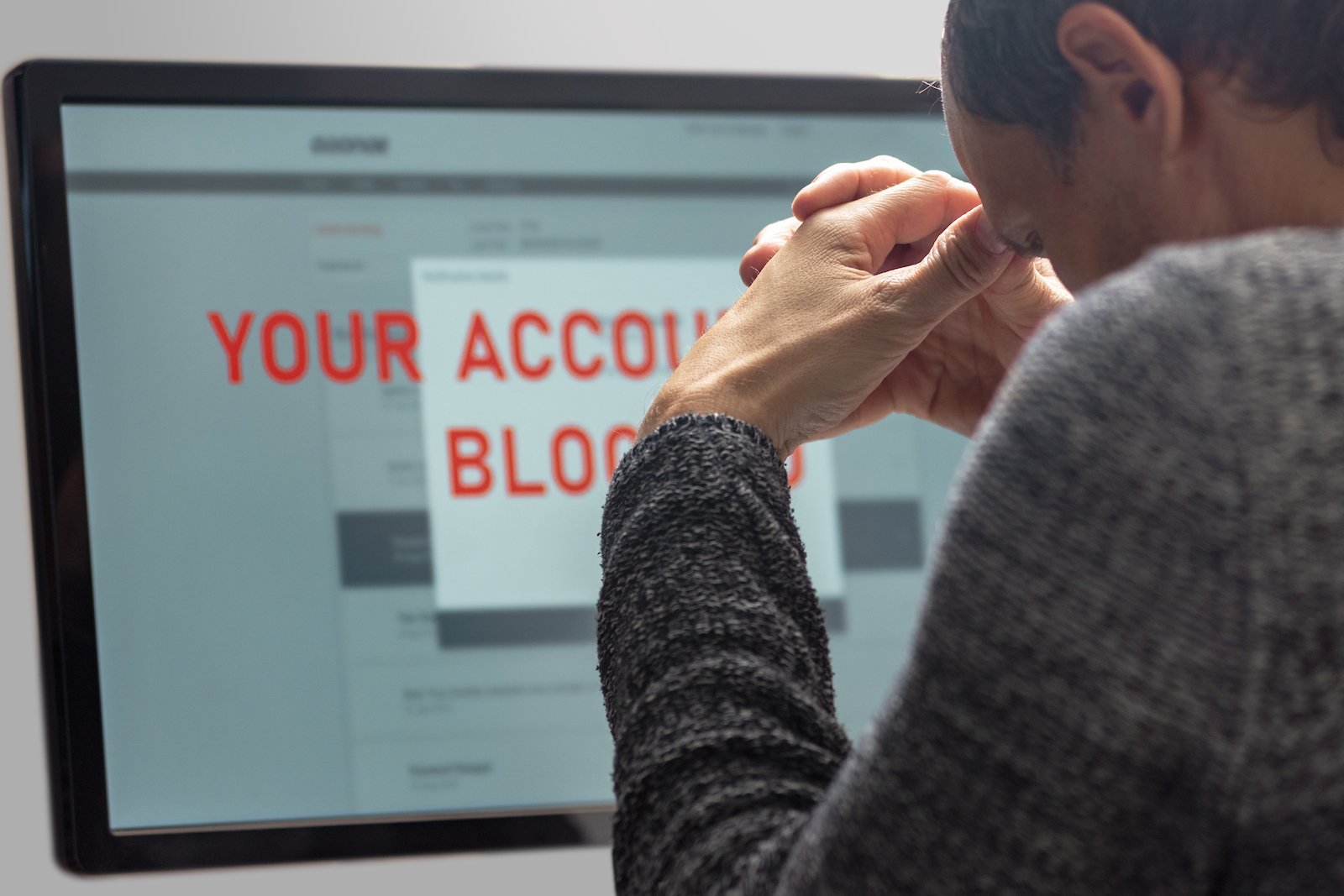Debit card rejections can be frustrating and embarrassing. Despite having funds, your card might still be denied for various reasons. Understanding these reasons can help you troubleshoot and avoid future inconveniences. Here’s a closer look at the top 12 reasons why this could happen.
Transaction Limits

Your daily transaction limits can vary depending on your bank and the specific type of account you hold. For example, Forbes suggests that a standard Chase debit card typically offers a $5,000 daily spending limit, a $3,000 limit for ATM withdrawals in-branch, and a $500 to $1,000 limit at non-Chase ATMs. Conversely, if you’re a Chase Private Client, the associated debit card increases your daily spending cap to $7,500, maintains the $3,000 in-branch ATM withdrawal limit, and boosts the ATM withdrawal limit at other banks to between $2,000 and $3,000. It’s crucial to verify the specific limits associated with your account.
Geographic Restrictions

Banks often block unusual transactions based on your typical spending habits or geographic location. If you purchase with your debit card in any foreign country without previously notifying your bank, your transaction might be flagged as suspicious and subsequently denied to prevent potential fraud. For example, if you normally purchase in the United States, and suddenly there’s an attempt to buy expensive electronics in Thailand, your bank might view this as potential fraud and block the transaction.
To avoid such disruptions, it’s advisable to inform your bank of your travel plans or any international purchases you intend to make.
Expired Card

Debit cards have an expiration date printed on them, typically lasting three to five years from the date of issue. This expiration serves several purposes: it compels the cardholder to renew their card, which allows the bank to issue a card with updated security features and technology. Once a card reaches its expiration date, the embedded security features automatically invalidate the card’s details, preventing transactions. This is a security measure to protect against unauthorized use and potential fraud.
Attempting a transaction with an expired card won’t allow the payment processor to authorize the payment. Thus, declining it from the merchant’s point-of-sale system. To avoid this inconvenience, it’s important to note the expiration date and request a new card from your bank well in advance.
Incorrect PIN

Entering the wrong Personal Identification Number (PIN) multiple times will result in your card being temporarily disabled as a security measure. This prevents unauthorized users from guessing your PIN through trial and error. If a correct PIN isn’t entered within a specified number of attempts—usually three—the card is automatically blocked to protect your account.
Fraudulent Activity Suspected

Banks continuously monitor for unusual activity that might indicate fraud. If a transaction deviates significantly from your normal spending pattern it will block your card.
According to the Federal Trade Commission’s Consumer Sentinel Network, approximately 70,000 consumers fell victim to debit card fraud last year, marking a 12% increase from the previous year. This trend is expected to rise further. Projected losses from bank card fraud are set to soar to over $165 billion over the next decade.
Technical Issues

Technical problems with the bank’s server or the merchant’s payment processing system can also cause your debit card to be denied. This can happen during system updates or server downtimes. For example, a damaged or malfunctioning terminal might incorrectly decline a transaction. Similarly, environmental factors like storms or power outages along the transmission path can interrupt the authorization process. Moreover, a simple issue like a slow internet connection might cause the transaction request to time out.
Furthermore, payment processing software glitches can result in erroneous transaction denials. For example, Bank of America has experienced software updates that temporarily disrupted their payment processing in 2023 causing legitimate transactions to be declined.
Insufficient Funds Due to Holds

Certain transactions like hotel bookings and car rentals often involve a temporary hold on your funds which might be higher than the actual transaction amount. These holds can affect your available balance and potentially lead to denial if you attempt another purchase. A survey by Morning Consult for the American Bankers Association shows that U.S. adults are overwhelmingly satisfied with their debit cards, appreciating the ease of use (86%), security (81%), and speed (86%) of transactions. Despite these high satisfaction rates, the proposed changes could affect the financial dynamics of debit transactions.
Merchant Issues

Sometimes, the problem could be on the retailer’s end. Issues like entering incorrect details by the merchant or problems with their payment system can result in your debit card being denied. For instance, Target experienced a significant issue with its payment processing system. Due to a software glitch, many transactions affecting 40 million accounts were inaccurately processed, resulting in debit cards being wrongly denied at checkout. Customers faced transaction failures despite having sufficient funds, primarily because the system incorrectly identified these transactions as fraudulent or flagged them due to input errors from cashiers.
Bank Account Restrictions

Some bank accounts have restrictions that limit how they can be used. For example, savings accounts often have limits on the number of transactions per month, and exceeding these may result in a denied transaction. For instance, many savings accounts, such as those offered by Wells Fargo, a prominent American bank, have regulatory limits on the number of transactions per month.
Federal regulations like Regulation D typically limit certain types of withdrawals and transfers from savings accounts to six per month. If a customer exceeds these transaction limits, subsequent attempts to use a debit card linked to a savings account may be denied.
Currency Conversion Issues

Transactions involving currency conversion can sometimes lead to debit card denials, especially if your bank’s systems suspect fraudulent activity or exchange rates fluctuate significantly. For instance, a purchase in a foreign currency might be flagged if the conversion cost seems unusually high or deviates from typical rates expected from that transaction.
Banks often use sophisticated algorithms to monitor for transactions that might indicate money laundering or fraud, and rapid changes in foreign exchange rates can trigger these safeguards. To avoid such issues, it’s wise to notify your bank of your travel plans or intentions to make foreign transactions so they can adjust their monitoring criteria accordingly.
Card Damage

Physical damage to your debit card can also result in transaction denials. When the magnetic strip is scratched or the chip is damaged, payment terminals cannot read the card correctly. This damage can prevent the card’s electronic data from being transmitted properly, leading to a failure during the card reading process at point-of-sale terminals. Therefore, it is advised to keep debit cards in a protective sleeve or wallet to avoid such damage. Additionally, most banks now offer a mobile wallet service, allowing you to use your smartphone for transactions.


